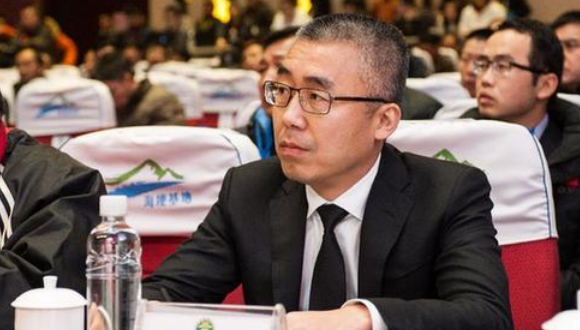China has the world’s largest number of football fans but to date hasn’t fully exploited its potential either on the football pitch or on the business side of sport as a whole organic market.
Sports policy shift
Back in March the Chinese government announced its reform plan to improve the country’s approach to sport, beginning with football. In August, a supportive plan issued by the State Council separated the Chinese Football Association (CFA), the governing body of football in China, from the General Administration of Sports of China.
Now a further move has been made in response to the CFA reform plan of last August, requesting the CFA to reduce the number of personnel from governmental administrative departments and introduce more people from professional soccer leagues and from the economic and legal fields.
Under the proposal, the CFA suggested cutting the number of vice-chairpersons from four to three, while financier Li Ruigang and former athlete and coach Gao Hongbo were nominated as members of the executive committee. The proposal was reviewed and finally approved by The General Assembly of the CFA at a press conference held this afternoon.
"Introducing professionals into the CFA could help smooth soccer reform. Previously, many officials with little work experience in soccer were appointed to the CFA," Wang Dazhao, a Beijing-based sports commentator, said.
This is just the beginning of China’s sporting revolution with the aim of growing Chinese sport into a 5 trillion-yuan business by 2025 and making China a footballing superpower.
Other related plans also have been put in place to put China firmly on the football map, including investment in the grassroots game with 20,000 special football schools to be built within a decade.
With the support from governmental level, many Chinese investors have outlined plans to make their contribution to the ambitious plan.
Heavy investment by Chinese conglomerates
Alibaba’s partnership with FIFA for the Club World Cup is the latest move made by a Chinese company to give China a big presence on the global stage. The Chinese e-commerce giant first involvement in the football business can be tracked back to last year when Jack Ma, the founder of the Alibaba Group, bought a 50% stake in CSL (Chinese Super League) champions Guangzhou Evergrande Football Club for a reported 1.2 billion yuan. In September this year, Alibaba, together with Sina and Yunfeng Capital, announced the set-up of Alibaba Sports Group, with the intention of transforming China’s Sports industry through internet-enabled technologies.
Other big investments include CMC’s decision to acquire a 13% stake in Manchester City’s parent company City Football Group and Wanda’s establishment of a sport unit after their significant acquisition of Infront Sports & Media and the World Triathlon Corporation (WTC).
Certainly, all those great moves will give Chinese sport a louder voice across the world and help China achieve sporting success in the future.
Source: Global post
Proofread by John Devlin
